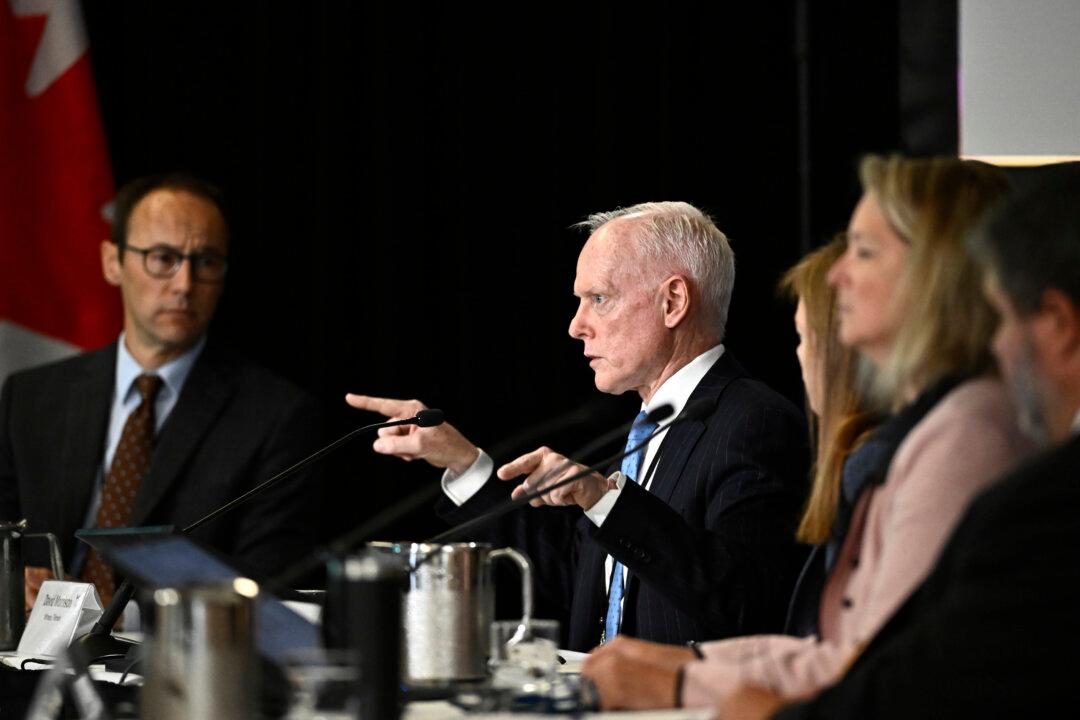Tensions within the federal government regarding the question of whether Beijing is meddling in Canadian affairs or merely conducting diplomatic activities have been laid bare at the Foreign Interference Commission, with one former intelligence official saying the issue was hotly debated.
The commission heard evidence around the disagreement in recent days as it probes the capacity of Ottawa to counter the threat of foreign interference. One aspect involves looking at the machinery of government and how intelligence is being shared internally.





